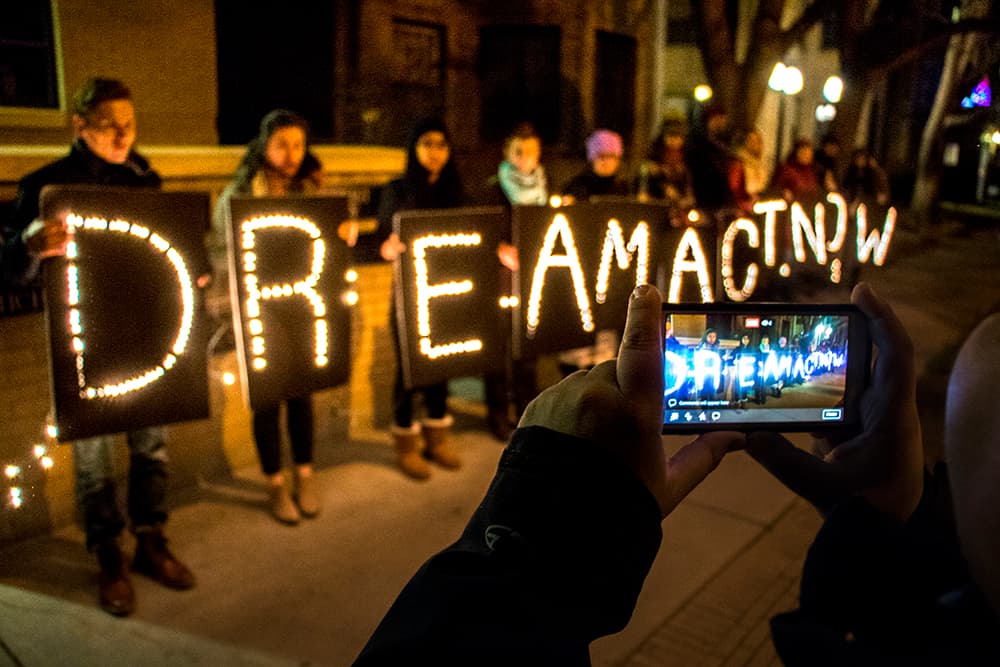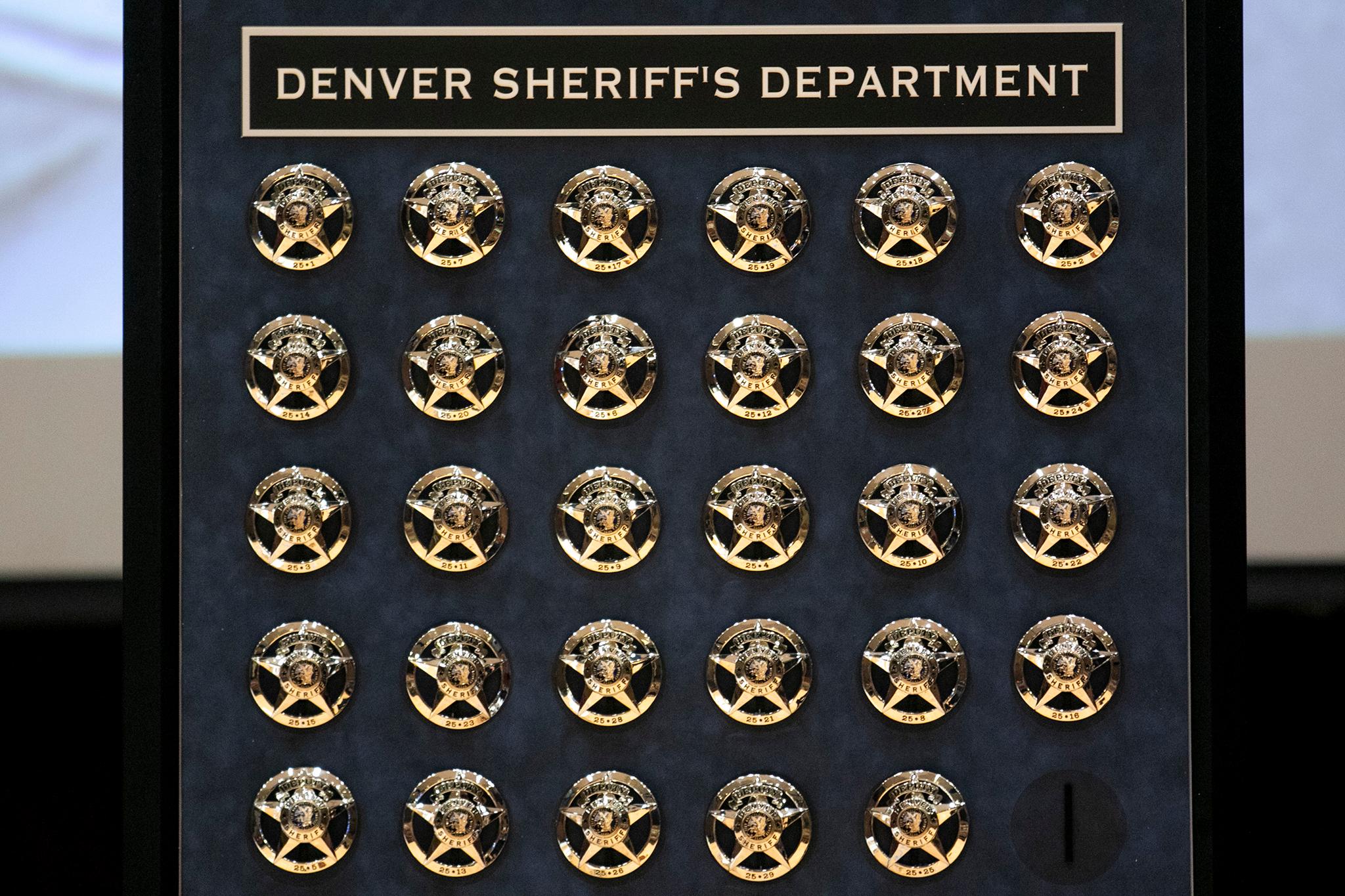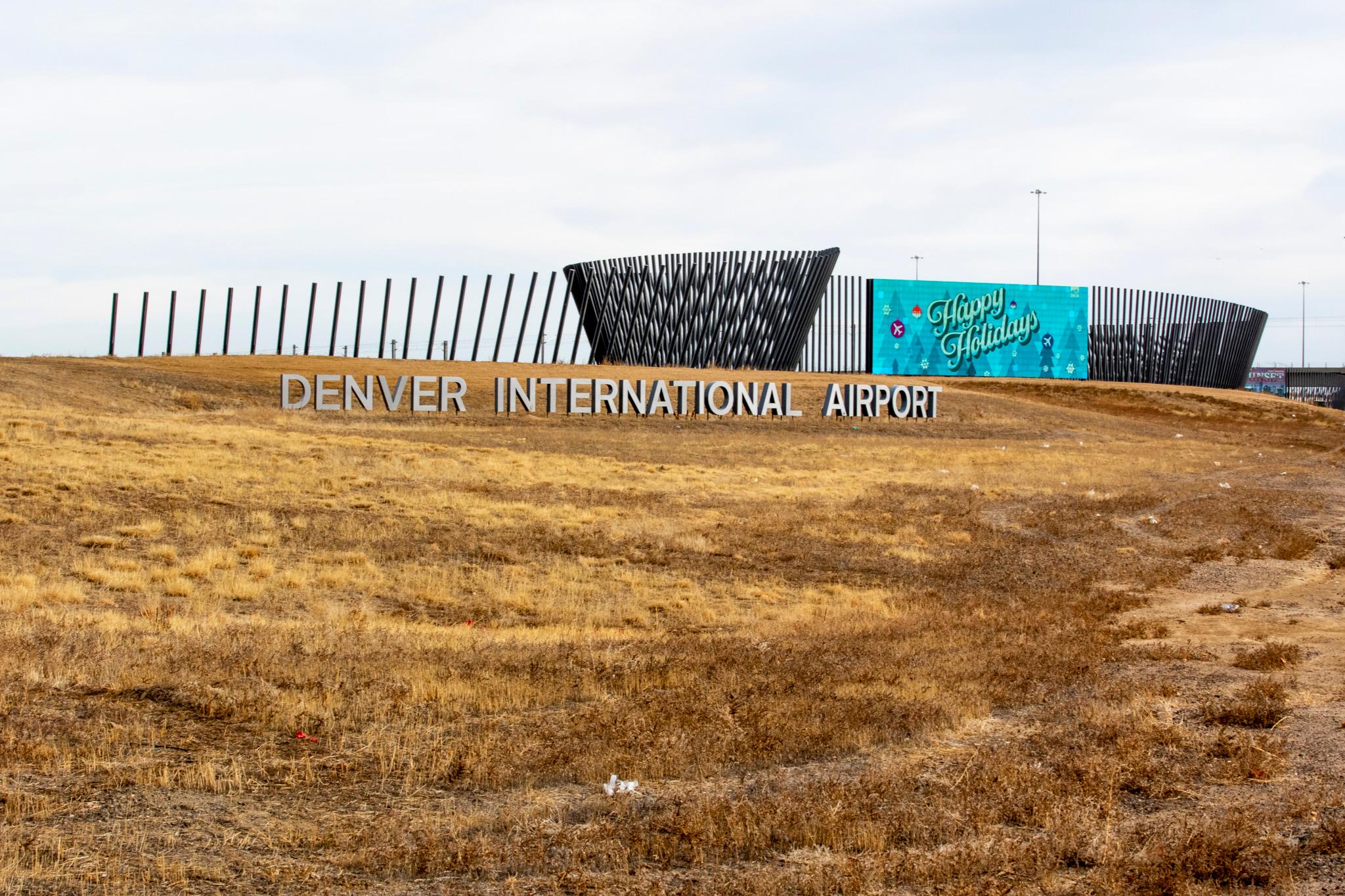The U.S. Department of Justice is again ramping up the pressure on the cities that it suspects are providing sanctuary to unauthorized immigrants, including Denver.
Federal officials on Wednesday sent letters to roughly two dozen jurisdictions warning that the department could use subpoena power to force them to provide documents showing they aren't withholding information about the immigration status of people in custody.
Mayor Michael Hancock responded within hours, saying it was a "destructive ploy" by the Trump administration "to politicize a routine exchange of information.
"Denver won’t back down. We are joined by dozens of other communities, resolute in opposing chaotic and poorly reasoned overreach by Attorney General Sessions and we will not stand down from doing what is right," Hancock said in a written statement.
What is a sanctuary city?
It's not a well-defined concept, but "sanctuary cities" generally refer to places that protect unauthorized immigrants.
Denver has passed rules about how employees can and can't assist federal immigration agents, but Hancock said that the city remains in compliance with all federal laws.
For example, the sheriff's department is not supposed to hold people in jail on behalf of immigration agents. City officials say that jailing people without criminal charges would be unconstitutional.
There's some proof of that: Jails across Colorado generally refuse to hold people on these "immigration detainers," especially since a federal judge ruled that an Oregon jail had violated a woman’s constitutional rights in such a case.
The Trump administration, however, has said that the city's refusal to do so counts a "sanctuary city" policy. The city does provide notifications to ICE when it releases persons of interest from jail, according to city staff.
What's at stake?
The Justice Department has threatened to deny important grant money from communities that refuse to share such information. It's part of Attorney General Jeff Sessions' promised crackdown on so-called sanctuary cities.
In September, ICE agents arrested hundreds of people across the country in an operation that supposedly targeted "sanctuary jurisdictions."
Immigration advocates have questioned have described the federal actions as "empty threats."
"Jeff Sessions’ threat to subpoena seems like an attempt to distract from a looming government shutdown based on the administration’s inability to work with Congress to pass a clean DREAM Act," said Cristian Solano-Córdova, a representative of the Colorado Immigrant Rights Coalition, in a news release.
The 23 jurisdictions that received letters today include Chicago, New York, Denver, Los Angeles and the states of Illinois, Oregon and California. Officials said the places have been previously warned they need to provide information about their policies to be receive grants.
Hancock added that while hundreds of mayors were invited to the White House for an event today, he will not attend any such meeting "under these kinds of threats and fear-mongering."
The Associated Press contributed to this report.













